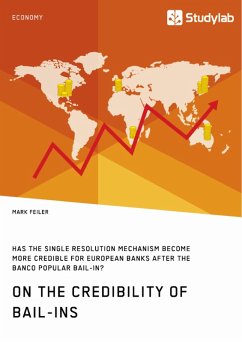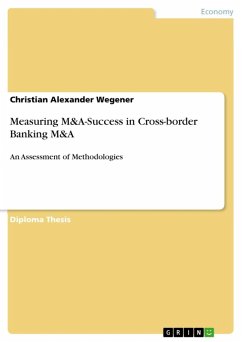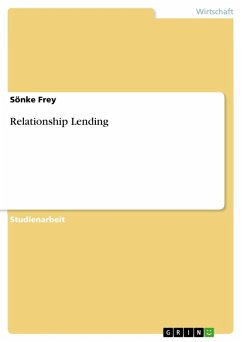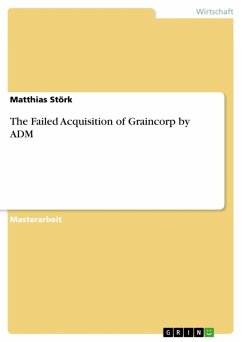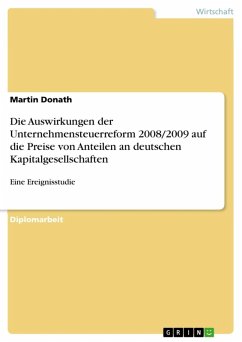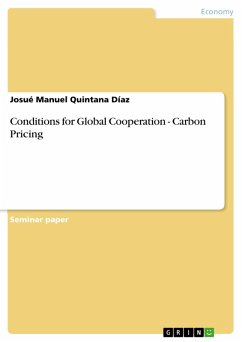During the recent financial crisis, resolution mechanisms proved to be insufficient to wind down systemically important financial institutions. Especially the bankruptcy of Lehman Brothers led to severe macroeconomic instability. Afterwards, national and supranational authorities implemented new regulations for preventing and managing bank failures, among them the Single Resolution Mechanism (SRM) in the European Banking Union. The failure of Banco Popular in June 2017 put the SRM to the first test. As the resolution mechanism apparently worked smoothly, and did not contaminate other banks or even the non-banking industry, the question arises whether the resolution mechanism has consequently become more credible for bank investors. By analyzing market reactions to the Banco Popular bail-in, the author primarily aims to answer this question. Hypothetically, if investors perceive the bail-in as a credible commitment by the Single Resolution Board, the implicit insurance should cease. For this reason, investors would demand higher, risk-reflecting interest rates, impairing the bank's profitability. Therefore, in the case that this is the dominant effect, a bank's share price should fall. In this book: - Single Resolution Mechanism; - European Banking Union; - financial industry regulations; - bail-in and bail-out; - too big to fail banks; - Banco Popular
Dieser Download kann aus rechtlichen Gründen nur mit Rechnungsadresse in A, B, BG, CY, CZ, D, DK, EW, E, FIN, F, GR, HR, H, IRL, I, LT, L, LR, M, NL, PL, P, R, S, SLO, SK ausgeliefert werden.

